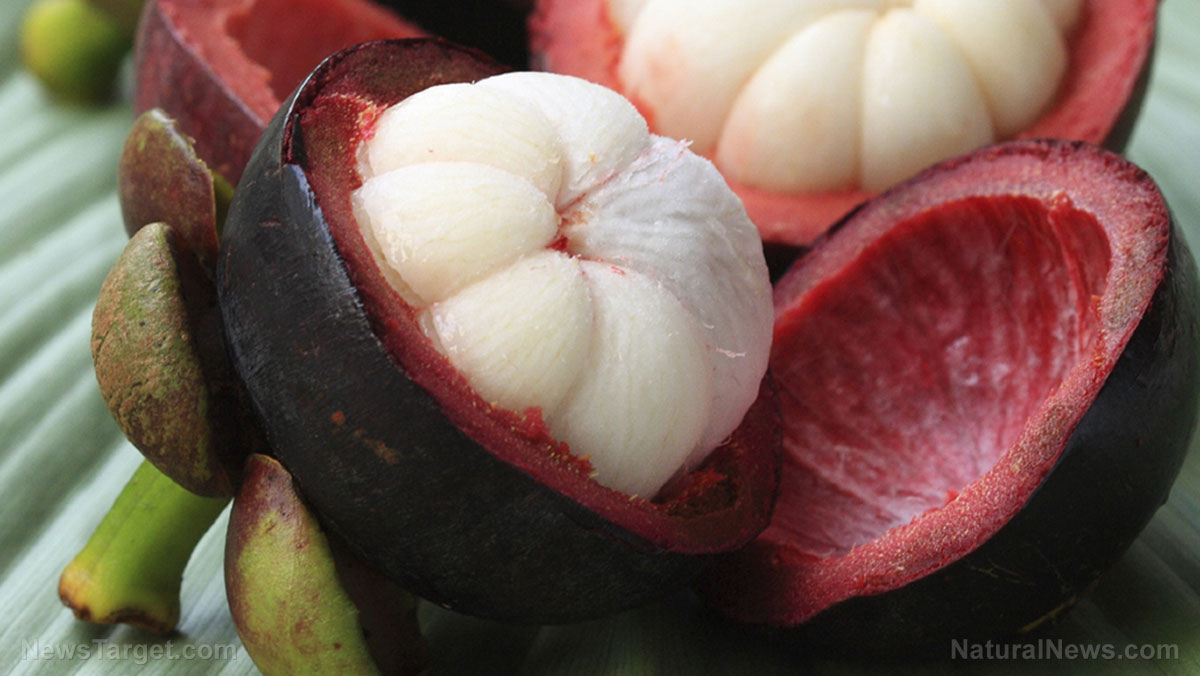Tamarind is effective against certain drug-resistant bacteria
11/15/2018 / By Ellaine Castillo

A Brazilian study revealed that tamarind (Tamarindus indica) has potent antibacterial activity even against drug-resistant bacteria. In this study, which was published in the journal Pharmacognosy Research, the researchers collected hydroethanolic extracts from tamarind leaves as well as cassava (Manihot esculenta) and tested them against different pathogenic bacteria.
- Many plants contain phytochemicals like tannins, terpenoids, flavonoids, and alkaloids that have antimicrobial properties.
- Researchers are looking to utilize these compounds to treat diseases caused by antibiotic-resistant bacteria, especially Pseudomonas aeruginosa and Staphylococcus aureus. Phenolic compounds are especially promising since they can interact with proteins, lipids, and carbohydrates.
- Tamarind and cassava are commonly used in traditional medicine because of their various biological activities, which can be attributed to the presence of phytochemicals. For tamarind, the compounds present are ascorbic acid, beta-carotene, polyphenols, and flavonoids.
- In this study, the researchers determined the phytochemicals present in the hydroethanolic leaf extracts. They then tested these against four pathogenic bacterial strains, including clinical isolates of P. aeruginosa and three methicillin-resistant S. aureus strains.
- Phenolic content was higher in tamarind extracts than in cassava extracts, causing the former to have better antioxidant capacity. Moreover, cassava had lower antioxidant activity due to the interference of glycoside substitutions.
- Tamarind extracts showed significant inhibition of all bacterial strains while cassava extracts were only effective against the P. aeruginosa strain. The poor antibacterial activity of cassava against S. aureus could be attributed to the binding between polyphenols and flavonoids.
Overall, the results of this study show that tamarind can be used as a potential treatment for diseases caused by drug-resistant strains of S. aureus and P. aeruginosa. Although cassava also has antibacterial activity, it has limited applications since it was not effective against resistant S. aureus strains.
Read the full text of the study at this link.
For more articles about the different health benefits of tamarind, visit NaturalHealth.news
Journal Reference:
Lima ZM, da Trindade LS, Santana GC, Padilha FF, Mendonca MC, da Costa LP, Lopez JA, Macedo MLH. EFFECT OF TAMARINDUS INDICA L. AND MANIHOT ESCULENTA EXTRACTS ON ANTIBIOTIC-RESISTANT BACTERIA. Pharmacognosy Research. 18 April 2017;9(2). DOI: 10.4103/0974-8490.204648
Tagged Under: antibacterial agents, antibiotic resistance, Antimicrobial, antioxidants, Cassava, drug resistance, Manihot esculenta, Methicillin-resistant Staphylococcus aureus, mrsa, natural cures, natural medicine, natural remedy, phenolic compounds, Pseudomonas aeruginosa, Staphylococcus aureus, Tamarind, Tamarindus indica


















